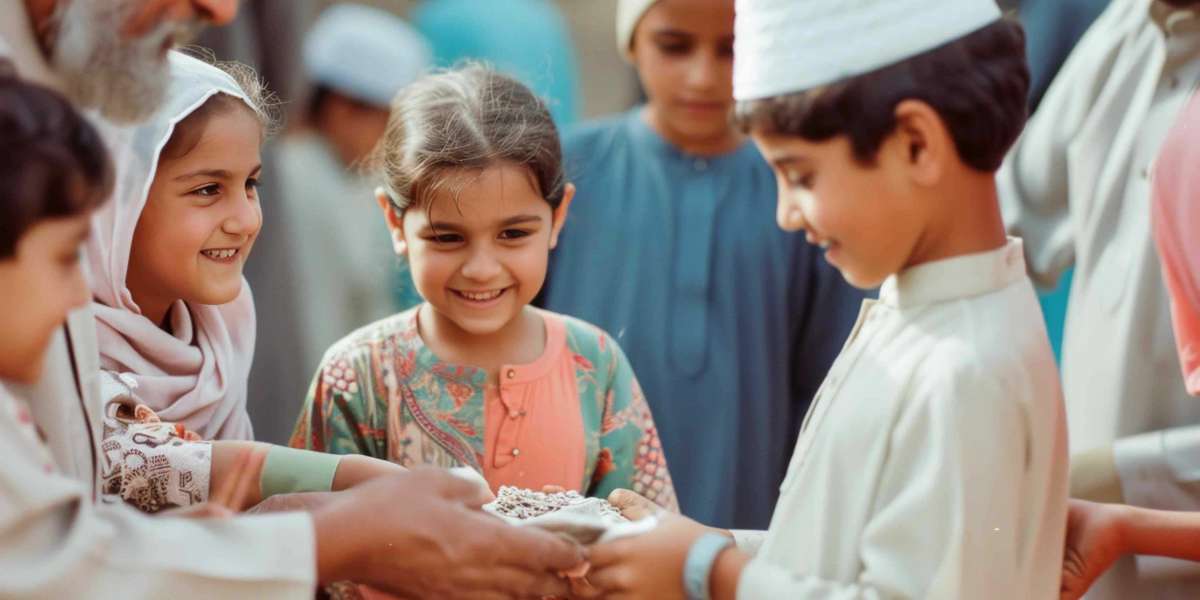Charity holds a profound significance in Islam, especially during the holy month of Ramadan. It is a time of spiritual reflection, self-improvement, and increased devotion to charitable acts. Understanding the roots of charity in Islamic history, along with the teachings of Prophet Muhammad (peace be upon him), sheds light on the enduring importance of giving during Ramadan.
The Truth About Muhammad and Charity
Prophet Muhammad (pbuh) exemplified the virtues of generosity and compassion throughout his life. His teachings emphasized the importance of caring for the less fortunate and supporting those in need. One of the fundamental principles he emphasized was the concept of sadaqah (charity), which encompasses both financial contributions and acts of kindness.
Benefits of Giving Charity in Ramadan
Ramadan is not only a month of fasting but also a time of increased blessings and rewards for good deeds, including charity. Giving charity during Ramadan is believed to multiply its rewards manifold, as mentioned in various Hadiths (sayings of Prophet Muhammad). This act of giving not only benefits the recipients by meeting their basic needs but also purifies the soul of the giver and strengthens the bond of compassion within the community.
The Practice of Giving Charity in Ramadan
The tradition of giving charity during Ramadan has deep historical roots within Islam. Muslims are encouraged to give Zakat (obligatory almsgiving) and voluntary donations as acts of worship and solidarity with the less fortunate. This practice is rooted in the teachings of Prophet Muhammad, who emphasized the importance of sharing wealth with those in need and fostering social equality.
Ramadan Sadaqah: A Path to Spiritual Growth
Ramadan sadaqah, or voluntary charity given during the month of Ramadan, holds immense spiritual significance. It is a means of seeking Allah's pleasure and drawing closer to Him through acts of kindness and generosity. The act of giving during this sacred time is a reflection of gratitude for blessings received and a reminder of the blessings of sharing with others.
Tracing the Historical Context of Charity in Ramadan
The tradition of giving charity during Ramadan dates back to the early days of Islam. The companions of Prophet Muhammad, known for their generosity and compassion, actively participated in charitable acts during this blessed month. Their examples serve as a source of inspiration for Muslims worldwide, highlighting the timeless importance of giving back to society and helping those in need.
Conclusion
In conclusion, charity in Ramadan is deeply rooted in Islamic history and teachings, particularly exemplified by the actions and words of Prophet Muhammad (pbuh). The benefits of giving charity during Ramadan extend beyond material assistance, encompassing spiritual growth, community solidarity, and the fulfillment of Islamic duties. By tracing its historical roots and understanding its significance, Muslims are encouraged to continue the noble tradition of generosity and compassion during this blessed month and throughout the year.








